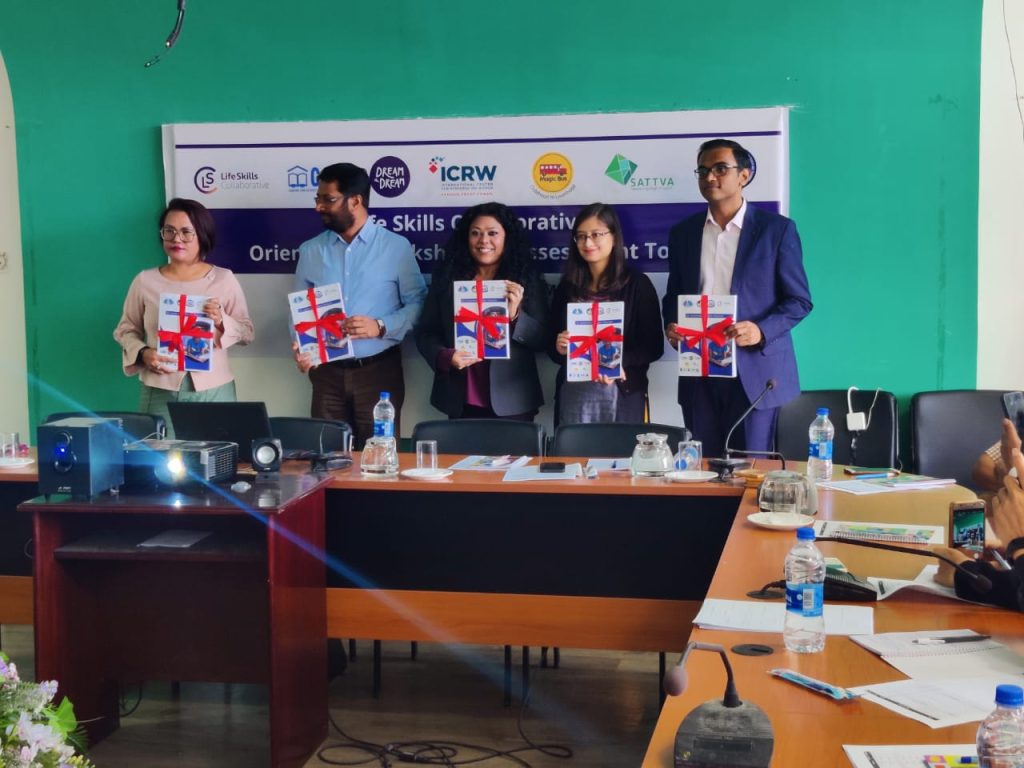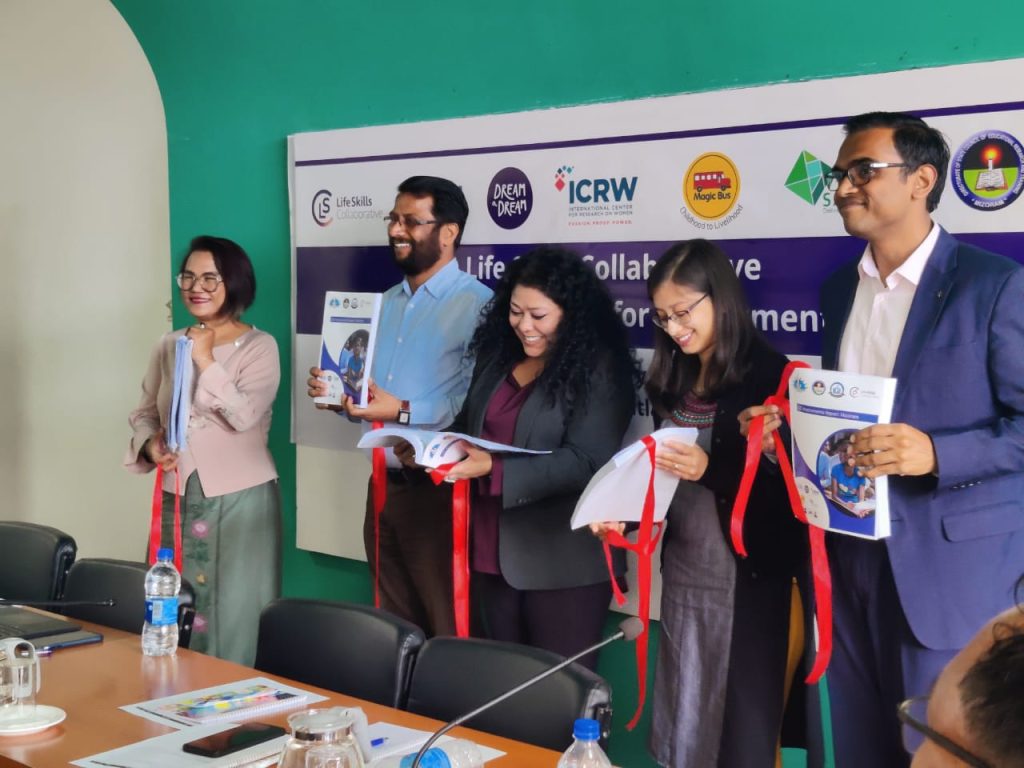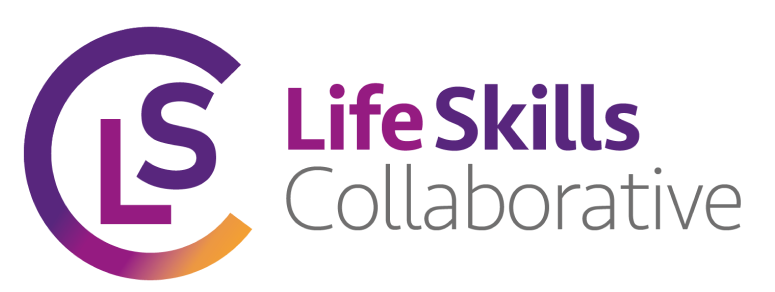- /
- /
-
Life Skills Education: A Systemic Approach for Preparing Adolescents and Young Adults for the Future
Life Skills Education: A Systemic Approach for Preparing Adolescents and Young Adults for the Future
In today’s rapidly evolving world, education is undergoing profound transformations due to technological advancements, shifting job market requirements, and the lasting socio-economic impacts of the COVID-19 pandemic. Therefore, it is becoming increasingly important to equip adolescents and young adults with life skills beyond the academic curriculum. Life Skills Education is not only vital for fostering an individual’s holistic development but is also a critical tool for empowering them with skills necessary to effectively navigate the dynamic challenges of modern society.
Considering the urgency and magnitude of this endeavour, the effective implementation of life skills education depends significantly on the preparedness of the state education system across all levels. Further, as the overarching entity that can scale life skills education within the state, the system’s timely and comprehensive assessment is also of utmost significance. It will ensure systemic preparedness across all facets of life skills education, such as policy and budgetary provisions, infrastructure, curriculum, and capacity building, enabling its widespread and successful implementation. This preparedness and evaluation have also been emphasized in the National Education Policy (NEP) 2020 as part of its various systemic recommendations.
While literature and global evaluations of life skills programs extensively discuss this engagement and assessment of the education system, there has been no assessment tool or framework for this purpose, globally or in India. Therefore, as a pioneering attempt, ICRW, as part of the LSC, developed a system assessment tool in the form of a self-assessment scorecard. Given the lack of any existing tool for reference, we conducted a formative research study with government officials at all levels in the four states of Maharashtra, Mizoram, Rajasthan, and Uttarakhand, to inform the development of the tool and secure state buy-in. Thus, the tool was designed in collaboration with state governments as a forward-looking tool that can also be used to track progress over time. The collaborative also believes that the state education system is best placed to undertake an assessment of this nature and ensure state accountability. Therefore, the tool was developed as a self-assessment scorecard to enable the system to assess and track its preparedness, identify gaps and areas of strengthening, and develop a road map for upscaling life skills education in the state.


Through the process of tool development, few government officials enthusiastically shared the relevance of this tool in their contexts. For instance, an official from the Policy Planning and Management Department of SEIMAT (State Institute of Educational Management and Training), Uttarakhand, said, “The tool will be very helpful in the situational analysis of the system and will enable us to identify areas of capacity building.” Another official from the SSC Board in Maharashtra said, “The scorecard is comprehensive and covers all relevant areas of inquiry with great detail. It will help officials understand and assess not only the work being done in their department but also in other departments, which is very important to ensure overall awareness in the system.”
This system’s assessment tool along with various other knowledge products developed by the LSC, including assessment tools for teachers and adolescents and a glossary of life skills, is now available in the public domain. We envision that these resources, combined with continued engagement of the LSC with state governments, will facilitate a robust and holistic implementation of every aspect of life skills education in the state.
A brief biography of the authors
Aditi Vyas: Assistant Director, Gender, Youth, and Development, ICRW Asia
Aditi brings over 13 years of experience in gender, adolescent empowerment, women’s economic empowerment, and education. Her areas of expertise include program design and management, qualitative research, curriculum development, and review, training, and communication.
Rabsimar Kaur Ahluwalia: Research and Program Associate, ICRW Asia
Rabsimar has over 4 years of experience in the field of gender and women empowerment. Her current work is focused on life skills education for adolescents and understanding the impact of social and gender norms on women’s health and education. Her areas of expertise include qualitative research and project management.



